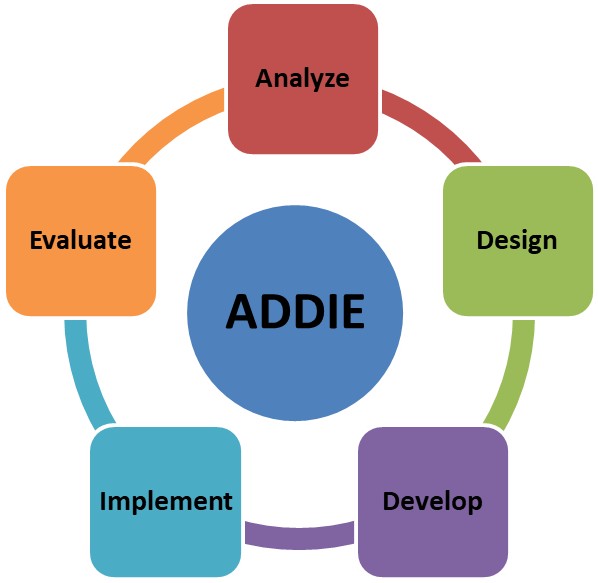
Teaching is a demanding profession that often leaves educators feeling overwhelmed and stressed. With a myriad of responsibilities, from crafting engaging lesson plans to managing student behavior, it's easy to become buried in a sea of paperwork and to-do lists. However, there's a powerful tool that can help teachers navigate this chaos and restore a sense of calm: effective planning.
A well-structured plan serves as a roadmap for teachers, guiding them through the academic year with clarity and purpose. By dedicating time to thoughtful planning, educators can enhance their classroom management skills, improve student outcomes, and reduce their overall stress levels.

One of the fundamental aspects of effective planning is setting clear goals and objectives. By defining desired outcomes for both students and teachers, educators can create a focused and purposeful learning environment. These goals should be specific, measurable, achievable, relevant, and time-bound (SMART), ensuring that they are actionable and contribute to overall student success.

In addition to setting goals, teachers must also develop a systematic approach to lesson planning. Breaking down complex topics into manageable units and creating engaging activities is crucial for student learning. Incorporating a variety of teaching strategies, such as cooperative learning, inquiry-based learning, and differentiated instruction, can cater to diverse student needs and keep students motivated.

Time management is another essential component of effective planning. By prioritizing tasks, setting deadlines, and utilizing time-saving strategies, teachers can optimize their productivity and reduce stress. Creating a daily or weekly schedule can help to structure the workday and prevent procrastination.

Furthermore, effective planning involves reflecting on teaching practices and seeking opportunities for improvement. By collecting student feedback and analyzing assessment data, teachers can identify areas of strength and weakness in their instruction. This reflective process allows for continuous growth and development as an educator.
In conclusion, effective planning is a cornerstone of successful teaching. By setting clear goals, developing engaging lesson plans, managing time efficiently, and reflecting on practice, teachers can transform their classrooms from chaotic to organized environments. With careful planning, educators can create a positive and supportive learning experience that fosters student achievement and personal growth.
👉Teacher Planner 2024/2025: Save Time, Reduce Stress, Organize, Plan, Succeed 😍
